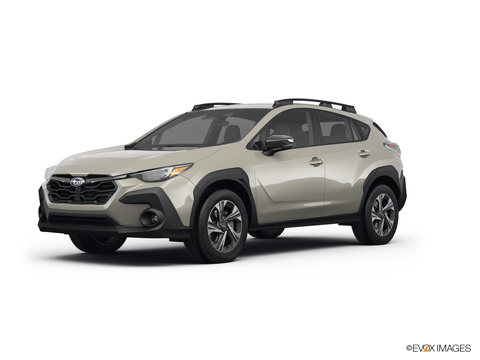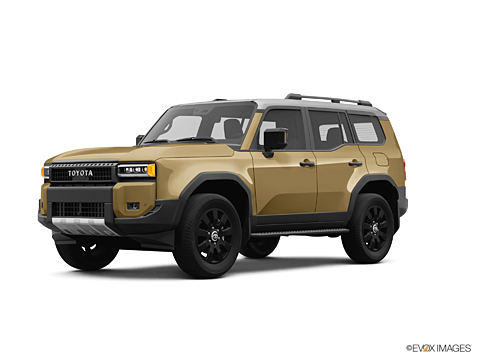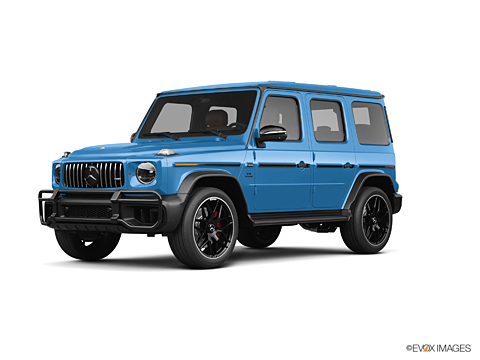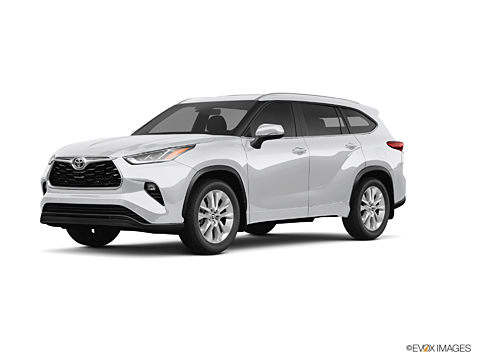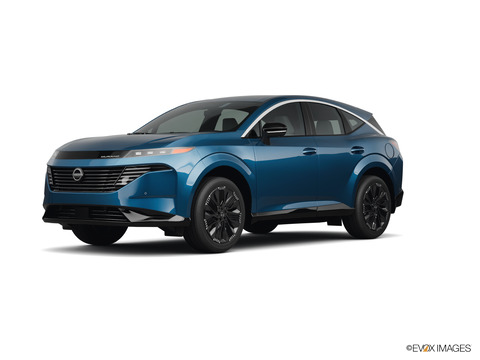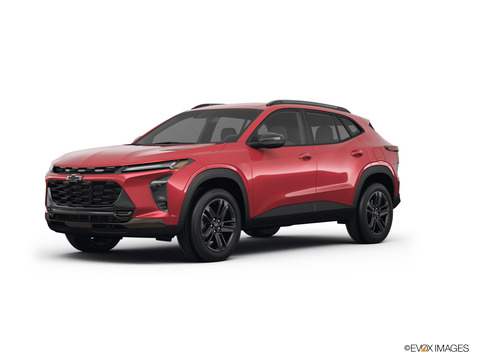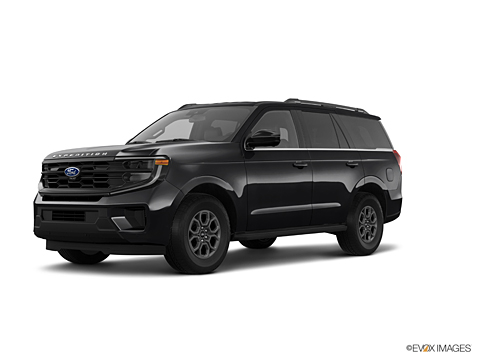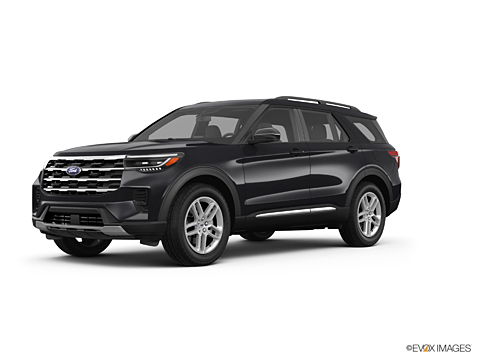
Best Used SUVs for 2026
These are the best used SUVs by price and budget based on a data-driven analysis of each vehicle's reliability, resale value and safety.
SUVs and crossovers are now the dominant vehicle type in the American market, making up well over 50 percent of new car sales. SUV popularity has exploded in recent model years, with best-sellers like the Honda CR-V and Toyota RAV4 overtaking the midsize sedans and rivaling pickup trucks in sales volume.
Thankfully, all those new SUVs eventually become used SUVs, and iSeeCars has identified the best used SUVs to buy. With pricing categories ranging from below $15,000 to more than $60,000, shoppers can find an excellent used SUV to fit any budget.
Beyond price, SUV shoppers need to consider key traits like passenger capacity, horsepower, and fuel efficiency. Off-road capability, towing capacity, and safety features are also important. An SUV’s size and interior design will determine passenger capacity, with subcompact and compact SUVs offering two rows and topping out at five passengers. Midsize and full-size SUVs with a third row can seat up to eight.
Every SUV offers either four-wheel drive or all-wheel drive (AWD), but those systems will reduce fuel economy and cost more on the used market. SUVs with only rear-wheel drive or front-wheel drive will deliver higher mpg and cost less, but their off-road and inclement weather capabilities will be reduced.
Engine size is the biggest factor in determining gas mileage. Subcompact SUVs with turbos and four-cylinder engines, including the Chevy Trax, Kia Seltos, and Mazda CX-3, can achieve 30 or more MPG, while small hybrid SUVs like the Toyota Corolla Cross can deliver over 40 mpg. These small SUVs are the least expensive models to buy and operate, but their passenger and cargo space probably won’t be sufficient for families.
Moving up to compact crossover SUVs, like the Chevrolet Equinox, Hyundai Santa Fe, Nissan Rogue, and Subaru Forester, will add interior space, though most of these are still two-row SUvs with 5-passenger capacity. Used midsize SUVs like the Ford Explorer and Toyota Highlander add a third row of seating, along with V6 engine options for improved towing capacity.
Buyers more focused on off-roading than fuel efficiency should consider the Jeep Grand Cherokee or Toyota 4Runner. Both models feature improved ground clearance, advanced four-wheel-drive systems, and underbody skid plates to protect critical components when rock crawling. SUV shoppers looking to split the difference between serious off roading and comfortable on-road ride quality might look to the Subaru Outback, a car-based station wagon that still provides impressive ground clearance and off-road chops.
If your used SUV budget can afford them, luxury SUVs feature premium exterior styling, high-quality interior materials, and more sophisticated connectivity features. Larger touchscreen displays and more advanced infotainment systems are common on even base trim levels when shopping brands like Acura, BMW, GMC, and Lexus. Advanced safety features such as blind-spot monitoring and lane-keeping assist are also more common, while advanced drivetrains like plug-in hybrids are available, allowing an SUV to travel a short distance on battery power alone.
Luxury brands are more likely to be sold as Certified Pre-Owned (CPO) vehicles, which adds warranty coverage that would rival a brand new SUV. You’ll pay more for a CPO vehicle, but the added piece of mind can be worth it. If you’re buying a CPO model, confirm with the dealer it’s a factory-based warranty, not one from an aftermarket company or dealership group.
Additional guidance on buying a used SUV, including the use of a pre-purchase inspection and vehicle history report, can be found in our How to Buy a Used Car story.

How We Rank These Cars
iSeeCars Best Used Car Rankings are calculated based on the latest research by our data science team and the National Highway Traffic Safety Administration (NHTSA).
We analyze data from over 12 million new and used vehicles in our Longest-Lasting Cars and 5-Year Depreciation Studies, combined with the NHTSA's Safety Ratings to give you an unbiased guide to the best vehicles in each segment.
After being evaluated, vehicles with the highest average scores earn a spot in the iSeeCars Best Car Rankings. (No final score is given to vehicles missing a score in any of the categories, but scores for other categories are still shown.)
Vehicles are scored in three categories:

Reliability
The reliability score represents an analysis of iSeeCars' proprietary research on the longest-lasting vehicles.

Value Retention
The value retention score is based on our data science team's statistical analysis and prediction of 5-year depreciation from MSRP to determine which cars hold their value best, using US Bureau of Labor Statistics data to adjust for inflation.

Safety
The safety score is calculated based on the last five years of crash test ratings from the National Highway Traffic Safety Administration (NHTSA) and incorporates the latest Top Safety Pick information from the Insurance Institute for Highway Safety (IIHS).


